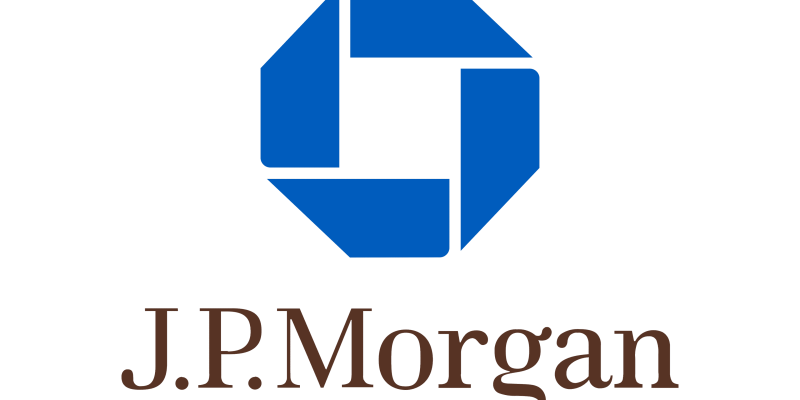
JPMorgan Chase & Co., the largest bank in the US, is set to issue a full return-to-office (RTO) mandate, diverging sharply from tech firms like Spotify that continue to embrace remote work.
This policy shift highlights a stark divide between the financial and tech sectors’ approaches to workplace flexibility post-pandemic.
JPMorgan plans to require its 300,000 employees to return to the office five days a week, expanding its current hybrid model, which mandates three in-office days.
This move is expected to take effect in the coming weeks, further solidifying the bank’s preference for traditional office setups under CEO Jamie Dimon’s leadership.
Dimon, a vocal critic of remote work, has consistently advocated for in-person collaboration, citing concerns about empty buildings and reduced productivity in government and private sectors.
Financial giants embrace tradition while tech stays flexible
The decision by JPMorgan underscores a growing trend among financial institutions to favour stricter in-office policies. Currently, around 60% of JPMorgan’s workforce is already back in the office full-time.
Dimon’s stance reflects a broader push within the financial sector to restore pre-pandemic norms, with the expectation that in-person environments drive better teamwork and performance.
While banks like JPMorgan enforce stricter RTO mandates, Spotify has chosen a different path.
In contrast to the rigid policies seen in finance, Spotify maintains its “work from anywhere” initiative, which has been in place since 2021.
This policy allows employees to choose their work locations as long as it complies with jurisdictional regulations.
Spotify’s commitment to flexibility has been driven by the belief that remote work enhances employee satisfaction and retention.
Spotify reported a 15% drop in attrition rates in 2022 compared to 2019, highlighting the benefits of its approach.
By sticking to this model, Spotify has avoided the backlash faced by other companies enforcing RTO policies.
The company also uses creative strategies, such as hosting music events and “core weeks,” to foster in-person collaboration without imposing rigid office schedules.
Layoffs, morale, and contrasting employee impacts
Both JPMorgan and Spotify have navigated workforce challenges recently, but their strategies have had contrasting impacts on morale.
Spotify’s December 2023 layoffs, which affected 17% of its workforce (1,500 employees), were a harsh reality check for a company that had been in hypergrowth.
CEO Daniel Ek admitted the scale of the layoffs exceeded expectations, leading to operational challenges and low morale among remaining employees.
Despite these setbacks, Spotify’s decision to retain its flexible working policy has helped stabilise its workforce.
Initiatives such as music listening sessions and collaborative weeks aim to rebuild morale without mandating daily office attendance.
Conversely, JPMorgan’s looming RTO mandate risks similar morale challenges.
Recent strict policies by other companies, like Amazon, Dell, and AT&T, have faced resistance, with employees criticising such mandates as veiled layoff strategies.
A leaked memo from Dell revealed that RTO policies could thin workforces by encouraging voluntary resignations, reducing the need for layoffs.
While JPMorgan’s plan is framed as a move to boost productivity, it may face pushback from employees seeking more flexible arrangements.
Diverging workplace philosophies
The contrasting approaches of JPMorgan and Spotify reveal deeper cultural and operational differences between traditional finance and tech industries.
Financial institutions, rooted in hierarchical and structured environments, tend to view in-office collaboration as vital to success.
Tech companies, conversely, lean on innovation and flexibility, adapting to a digital-first world that prioritises employee autonomy.
Spotify’s strategy, which has more than doubled its market value since 2023, highlights the potential financial benefits of flexible work policies.
However, JPMorgan’s adherence to conventional models may appeal to its client base, reinforcing its image as a dependable institution.
These divergent philosophies reflect not only sector-specific priorities but also the evolving landscape of work itself, where employee preferences increasingly shape corporate policies.
The post JPMorgan calls 300,000 employees back to the office full-time appeared first on Invezz









